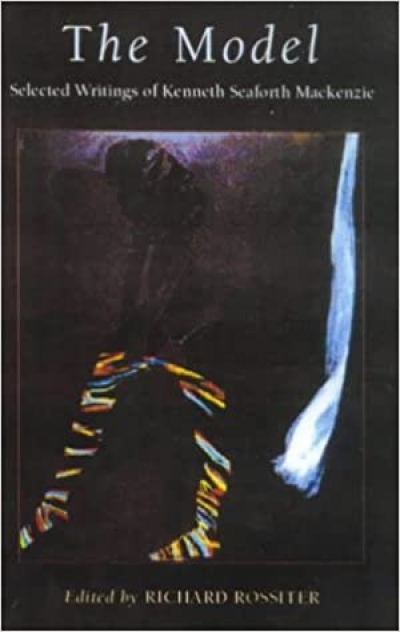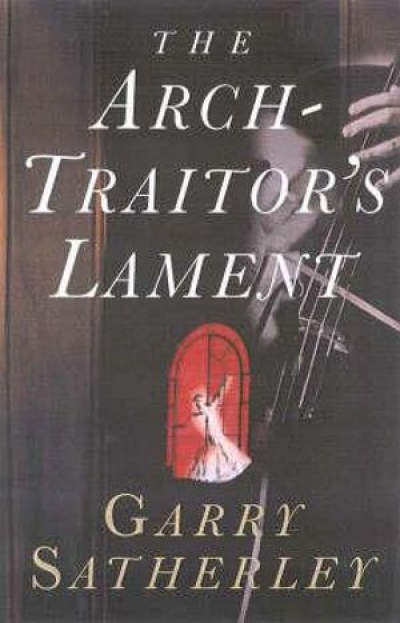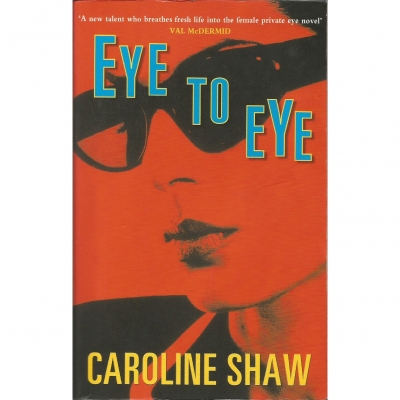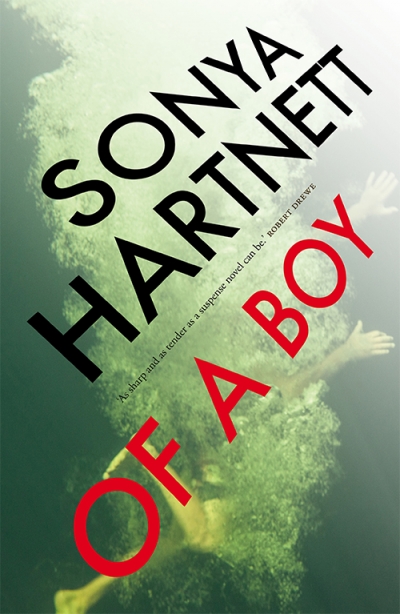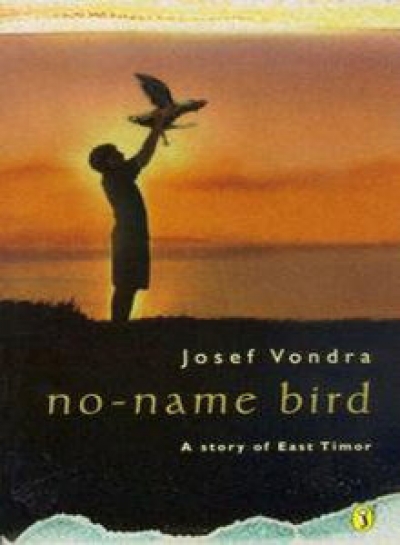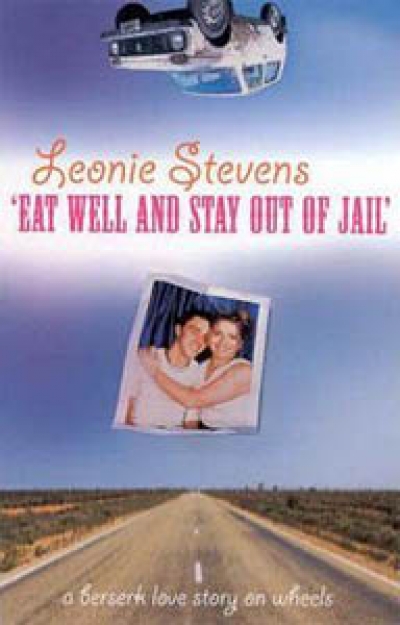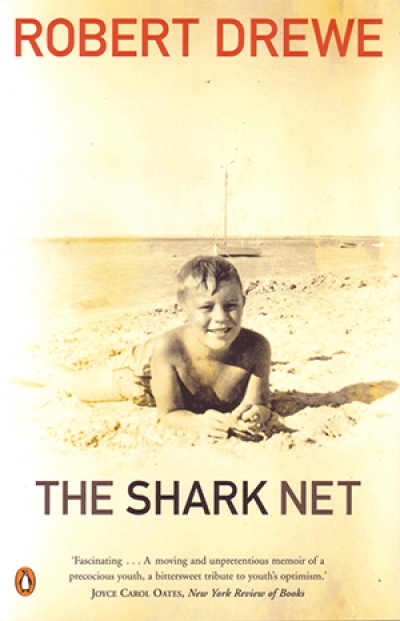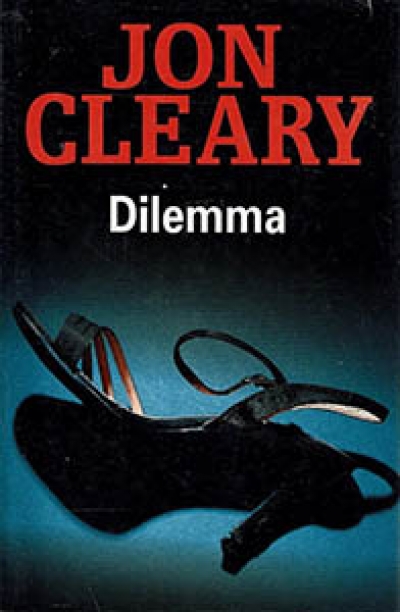Fiction
The Model: Selected writings of Kenneth Seaforth Mackenzie edited by Richard Rossiter
This is both an exciting and a sad collection. Kenneth Mackenzie, like those later Western Australian writers Randolph Stow and Tim Winton (and, I might add, Griffith Watkins), first appeared in print with work composed at a remarkably young age and which was extraordinary in its poetic intensity and command of language. And like Stow and Watkins (but not, fortunately, like Winton) the early achievement was matched only in fits and starts by the later work. Griffith Watkins committed suicide in his thirties, Randolph Stow has been beset by long periods of silence, and Kenneth Mackenzie drowned in a river near Goulburn, aged forty-one. He had become an alcoholic.
... (read more)It had to happen – a rush of books about the Olympics. But that doesn’t mean they’re all bad or that they won’t last now that the fuss is over. Celeste Walters’ The Last Race, her second book for young adults, should certainly be around for a while. The cover alone could sell the book and word of mouth should do the rest.
... (read more)The note from Text’s publicist read: ‘Hope you enjoy this.’ I did. I did. (I read it twice.) The note continued: ‘There’s no other Australian novel quite like it.’ I couldn’t quite bring myself to agree with that. Garry Satherley’s (as in ‘satherley buster’, no doubt) first novel suggests, to my perhaps over-convoluted consciousness, Murray Bail’s Homesickness, Anthony Macris’ Capital: Volume 1, Glenda Adams’ Dancing on Coral and, drawing a long bow, Henry Handel Richardson. I will let Text Publishing and anyone else interested chase up the resemblances, which are casual rather than causal. That The Arch-Traitor’s Lament more pertinently suggested to me Czech novelists such as Josef Škvorecký and Ivan Klíma, for example, was a different matter, they not being Australian, and they have earned their right to their political fictions on the decks of those two dreadnoughts, hardship and censorship. That was my grumpy not-quite-convinced first reading. My second reading convinced me that Satherley was doing something quite different from the Iron Curtain callers. He was writing an Australian novel (well, he was born in New Zealand, but we are masters of ethnic appropriation across the Tasman) with European facts and fictions as pan of its subject matter.
... (read more)In last year’s Cat Catcher, Caroline Shaw established her detective heroine, Lenny Aaron, as one of the most original characters in recent Australian crime (Cat Catcher was runner-up for the Australian Crime Writers Association Ned Kelly Award for best first novel). Gaunt, weird looking, an obsessive compulsive with a phobia about being touched and a serious addiction to over-the-counter drug cocktails, Lennie is in the tradition of dysfunctional and damaged investigators muddling their way through recent crime fiction.
... (read more)‘I remember only peripheries, not centres,’ Michèle Drouan says in her memoir of marriage to a Jordanian and life with his family in a village near Jordan’s borders with Syria and Lebanon. Her perspective is deliberately oblique. Elegantly shaped, and or the most part gracefully written, her story bypasses the obvious cultural divisions. Political, religious, and sexual tensions are given minimal treatment. No dates are given: you would hardly know that the Gulf War comes within the book’s timespan, and when the sound of bombs is heard from across the border, someone quietly says ‘Lebanon’, and leaves it at that.
... (read more)Given the recent happenings in East Timor, this is a timely novel. It is the moving story of the developing tragedy following the withdrawal of Portugal from its former colony and the invasion by Indonesia. The book is focused through Jose, a fourteen-year-old boy who finds the events puzzling and distressing. He finds some solace in the fighting cock given to him by his uncle, the person he most relies on for wisdom and guidance. Eventually, at the insistence of his mother, he is evacuated to Portugal, where he becomes a lawyer working for Amnesty International. The last chapter brings the book full circle, as we have first met Jose as an adult, in his law office in Lisbon, looking at a paperweight which holds the tail feather of a fighting cock.
... (read more)Eat Well and Stay Out of Jail by Leonie Stevens & Perfect Skin by Nick Earls
‘Look, here I am, I’m sixteen and I’m hundreds of miles from home! I want adventure! I want excitement! I want to boldly go where no Noble has gone before. Look at me! Look! Look!’ In Leonie Stevens’s Eat Well and Stay Out of Jail, Vicky Noble has left Melbourne to escape the tedium of a shelf-stacking job at the supermarket and the torment of a publicly failed romance. Vicky wants more than just to run away from her life. She craves a brand new one, preferably on the Jack Kerouac model.
... (read more)‘I’d spent my childhood and adolescence on this sandy moonscape. I was sure I had something to say about it. I just didn’t know what.’ The book is Robert Drewe’s response to that thought. It is, as he says, a portrait of a place and time. The place is Perth; the time the fifties; the portrait is so very sharp, atmospheric, brutal, and deeply moving. There is a strange and haunting sweetness in the voice of the narrator, a clean, wondering charm. The subtitle of the book is ‘memories and murder’ and, like ghastly mutilations discovered outside the shark net, the murders and other horrible deaths drift before our startled eyes.
... (read more)Let us start with the similarities: two thrillers, set mainly in Sydney, each with a would-be snappy but jaded one word tide. On each a stiletto-heeled shoe is part of the cover design. There the ways seem to part. Dilemma is Jon Cleary’s forty-ninth novel in a career of six decades and marks the sixteenth appearance of Detective Scobie Malone. For Canadian-born, former model Tara Moss, Fetish is her first novel. HarperCollins is loyal to the old, supportive of the new. Or supportive up to a point. Both books needed much stricter editing, not only for typos (‘eluded’ for ‘alluded’ in Fetish, for instance: one hopes that is a typo), but to tighten structures that let suspense amble away.
... (read more)
